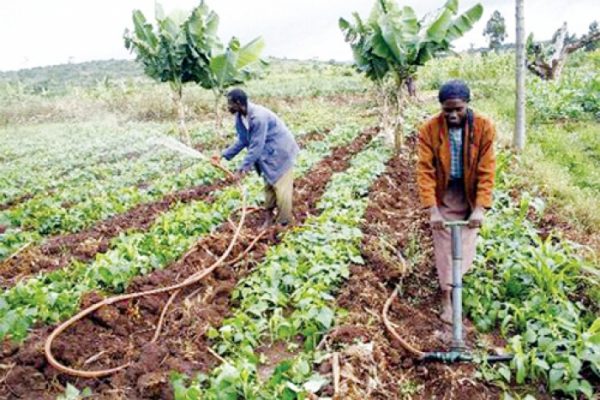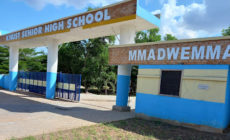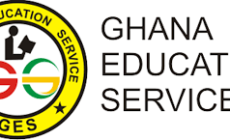She said aquaculture, selling of fishery gears, repairing of fishing equipment, forest range and agriculture extension officers, landscaping and other lucrative and noble self sustaining professions.
However, Mrs Boakye-Yiadom said the number of students offering agriculture courses at the secondary and tertiary levels has been declining annually.
She said it is a source of concern to stakeholders, especially as the nation sought to use agriculture as a springboard for industrialisation.
Mrs Boakye-Yiadom said this yesterday at a multi-stakeholder workshop on agricultural education.
The workshop was organised by the School of Agriculture, University of Ghana, in collaboration with the University of Cambridge and the Ghana Education Service and funded by CAPREX and Alborada.
The meeting assessed the difficulties in teaching agriculture at the Senior High School (SHS) level and challenges regarding entry requirements to the universities.
It also discussed the overall goal of agriculture education in Ghana, university admission policy on agriculture programmes and the subjects that constituted SHS curriculum.
The event brought together agriculture science tutors, senior lecturers, curriculum auditors, agriculture researchers, heads of agriculture department at the universities, as well as some officials from the West African Examination Council and the Ghana Education Service.
Mrs Boakye-Yiadom said agriculture education is one of the oldest subjects taught at the second cycle institutions with subjects such as fisheries, forestry, horticulture, animal husbandry, agriculture economics and mechanisation.
She attributed the decline of the study of agriculture subjects to the fact that, many universities in the country did not admit students with agriculture background but rather preferred science students.
“Students at the SHS are taught vocational agriculture but the university courses are mainly research-based so in our meetings with the university authorities, they told us that, they prefer students with strong background in physics, chemistry and biology,” Mrs Boakye-Yiadom said.
She, therefore, warned that if the trend was not reversed, it would have dire consequences on the country’s future.
When GNA interviewed some agriculture tutors, they said some of the schools lacked basic facilities like agriculture laboratories, ponds, tools and school farms or gardens to undertake practical work.
They said due to this challenge many teachers taught their students’ specimen’s questions and prepare them to pass their examinations instead of taking up careers in the field of agriculture.
Therefore, they said, many SHS graduates lacked practical skills or hands-on training to think critically to resolve agricultural challenges.
They called for policy review on agriculture education curriculum to enhance students’ interest in order to facilitate the country’s industrialisation drive.
Meanwhile, Professor Geoff Hayward of the Cambridge University, United Kingdom, told the GNA that the role of the University was to provide research expertise and support to Ghana and Uganda universities to develop curricular that would be suitable to their development agenda.
He said it is also to offer expertise in curriculum development and support the two countries to ensure a link between agriculture education at the secondary schools and the universities to promote interest.
Professor Hayward said his participation in the workshop would enable him to appreciate the challenges in the country’s agriculture education.
He entreated school authorities not to use agriculture as a form of punishment to students since it would affect students psychologically and worsen the interest of students in the subject.
-GNA
Students interest in agriculture education declining – GES
- Posted on
- Comment
 MRS Felicia Boakye-Yiadom, the acting Executive Secretary of the National Council for Curriculum and Assessment at the Ghana Education Service, says the country’s agriculture education curriculum was designed to enable students to become self-sustainable.
MRS Felicia Boakye-Yiadom, the acting Executive Secretary of the National Council for Curriculum and Assessment at the Ghana Education Service, says the country’s agriculture education curriculum was designed to enable students to become self-sustainable.










 (Selorm) |
(Selorm) |  (Nana Kwesi)
(Nana Kwesi)